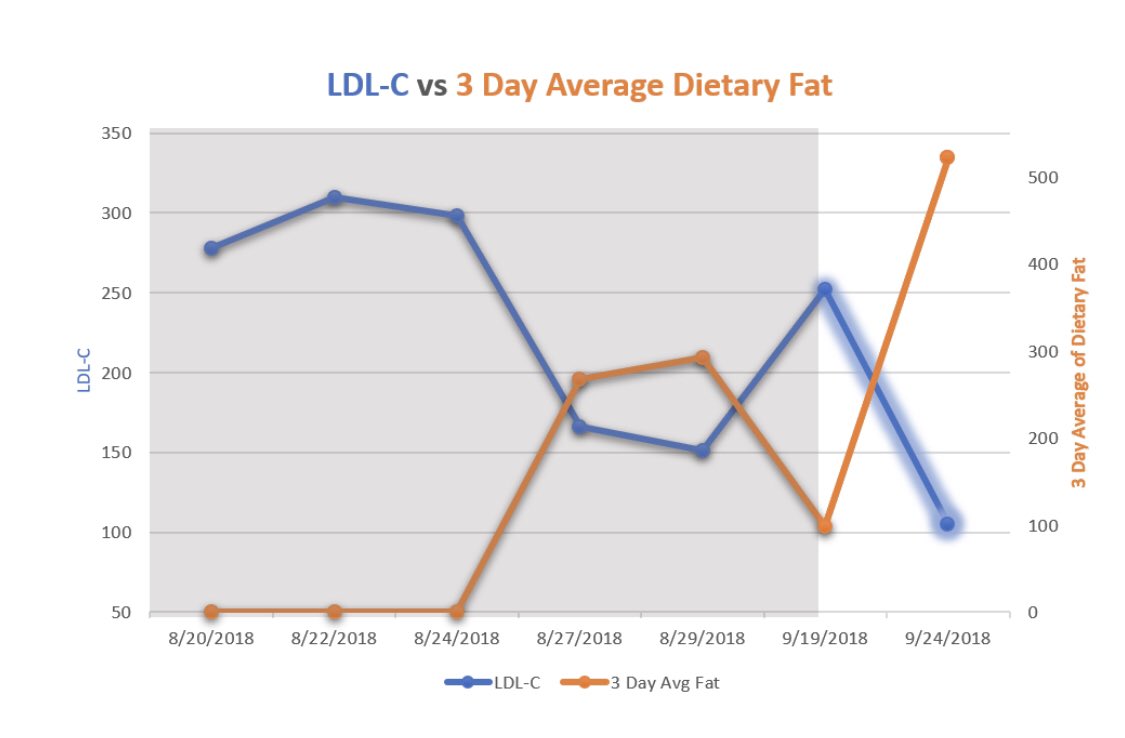
I usually don’t get “into it” with people but recently did with a nutritionist who I felt mismanaged me in college. I threw out 5 on the spot questions..
1/ How many g of sugar are in a full mango 🥭?
Guess = 12. Answer = ~46.
2/ Grams fiber in an avo🥑?
Guess =3. Answer = ~13.
1/ How many g of sugar are in a full mango 🥭?
Guess = 12. Answer = ~46.
2/ Grams fiber in an avo🥑?
Guess =3. Answer = ~13.
3/ Protein in 1 Oz pecans?
Guess = 9 g. Answer = ~2.5G
4/ potassium in a banana 🍌 (I mentioned 3.5-4.7 g/day is desirable)
Guess = 2 g. Answer ~0.4 g
5/ what proportion of red meat 🥩fat is SAT fat?
Guess = 75%.
Answer = ??? (U Guess! do u know more than this nutritionist?)
Guess = 9 g. Answer = ~2.5G
4/ potassium in a banana 🍌 (I mentioned 3.5-4.7 g/day is desirable)
Guess = 2 g. Answer ~0.4 g
5/ what proportion of red meat 🥩fat is SAT fat?
Guess = 75%.
Answer = ??? (U Guess! do u know more than this nutritionist?)
I’m usually a pretty accepting and level headed person, but this was a person who presented herself as a nutrition authority at a time when I was suffering and needed help. This, I suffered…
Answer was ~50 of red meat fat (e.g. tallow) is saturated. Dairy and palm kernel oil and coconut are the only fat sources in which fat is majority saturated, I think 

• • •
Missing some Tweet in this thread? You can try to
force a refresh









